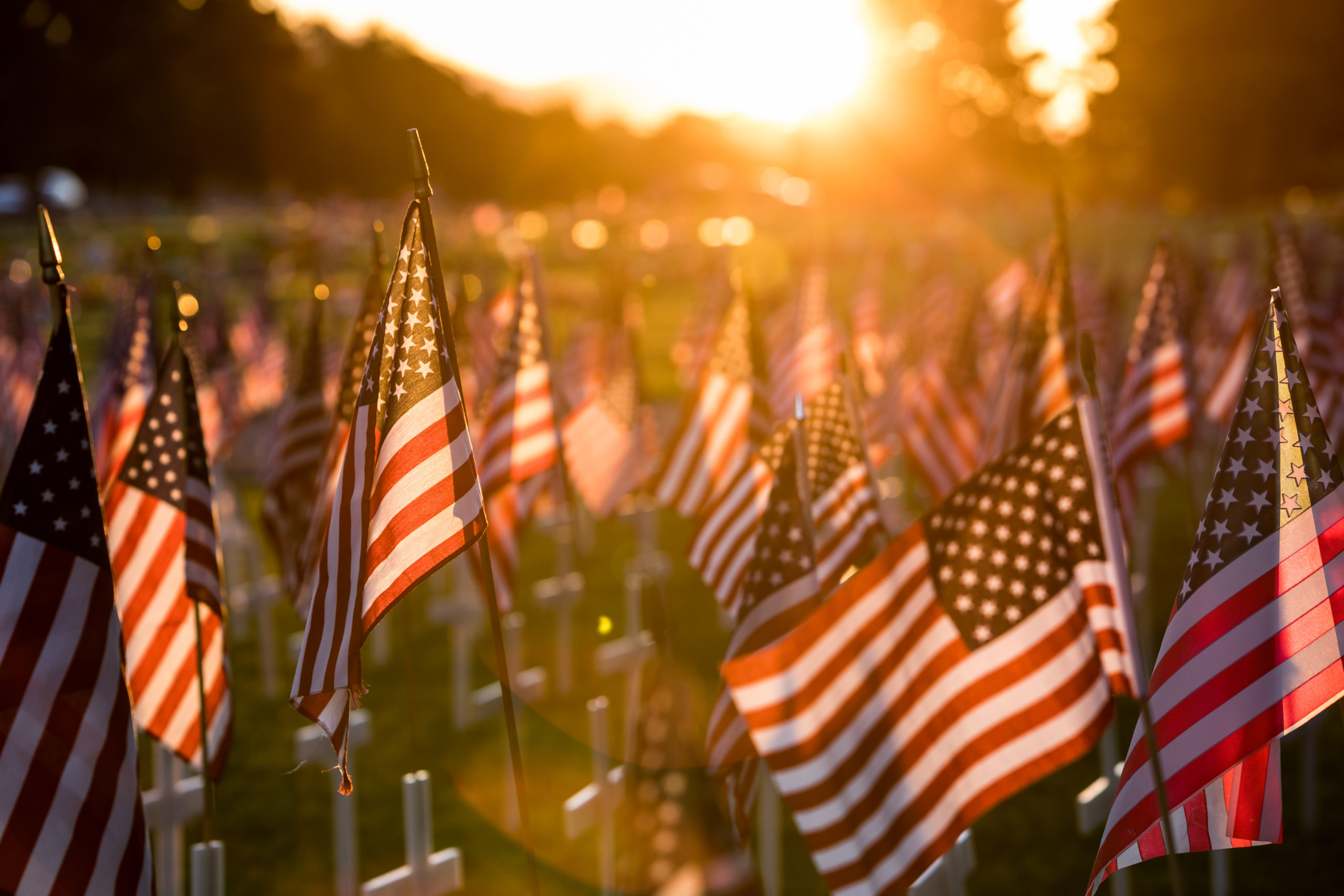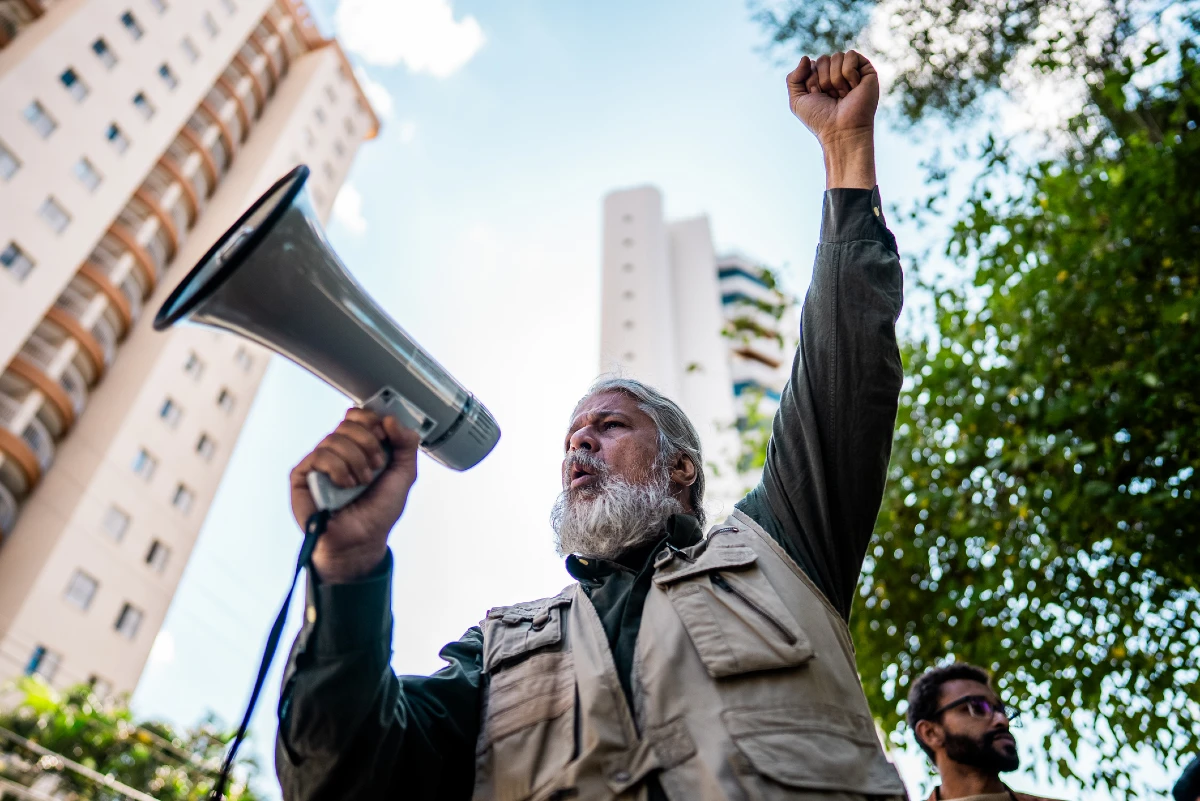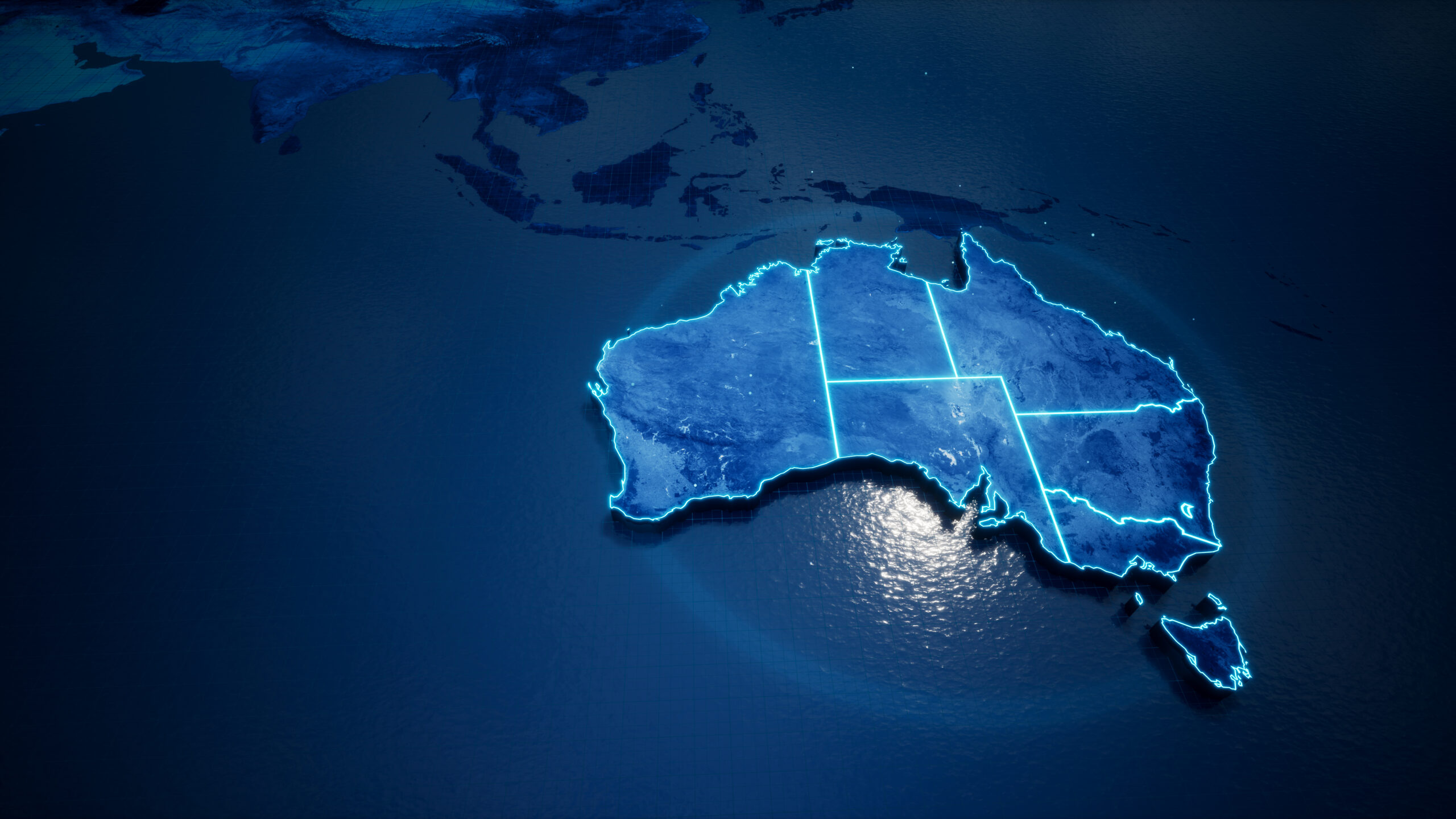Why Memorial Day is Celebrated
Memorial Day began in 1868 as a tradition to honor the lives lost during the Civil War. This was the first war in US history that saw so many deaths, resulting in the need for the first national cemeteries. People of the community started to decorate the fallen soldier’s graves with flowers to show their respect and appreciation. General John A. Logan designated May 30th as the national day for honoring specifically the lives lost in the Civil War. As the US continued its involvement with other conflicts throughout the 20th century, this day expanded to commemorate everyone who has died in battle, which is now known as Memorial Day.
Many other countries have a day dedicated to honoring the fallen, each with its traditions and days on which they celebrate. For example, the United Kingdom, Canada, India, and Australia commemorate this day, known as Remembrance Day, on November 11th, which marks the anniversary of the armistice that ended World War I. This day holds significance for other countries, such as France and Belgium, which celebrate it as Armistice Day and Poland which observes it as independence Day. Despite the varying holidays, everyone around the world celebrates the day to honor those who have fought and lost their lives.
What Memorial Day Represents Today
Memorial Day is usually thought of as a day to honor those who have previously served and lost their lives. As much as it is a day to honor the past, it’s also important to recognize those who are serving now and losing their lives in current battles. Until the present day, we have seen many conflicts in recent years that have catalyzed a societal shift that is rooted in a fight for equality and social justice. So many people have become emotionally involved and put themselves in a vulnerable position to fight for justice.
Integrating Memorial Day into Your DEI Strategy
Seeing as this holiday holds so much importance around the world and affects so many people, including this day into your diversity, equity, and inclusion (DEI) celebrations is relevant and creates belonging in your workforce. Everyone has a different connection to Memorial Day and can affect people in various ways. Especially due to current events, this holiday can be extremely triggering, therefore being sensitive around this day is important. Realizing this day differs in meaning for everyone and respecting people’s background and experiences is essential to maintain an inclusive work environment.
Next steps:
- Acknowledge Memorial Day – go beyond posting on company’s social posts and internal announcements
- If you see fit, create an ERG group for veterans and veteran allies.
- Create a safe space for your employees if they would like to speak about their experience and connection to Memorial Day; try to avoid calling out one person as they may feel uncomfortable.
- Bring in a speaker to talk about their personal experiences and ways to be an ally.
- Continue to build awareness and education throughout the year with engaging video content, storytelling, and lessons.
- Understand your employees’ perceptions about veterans.
To learn more about what holidays your organization can celebrate to foster DEI, use our guide to Navigate DEI Heritage Months. Contact one of our experts to learn what kind of content and courses you can leverage in your workforce.









